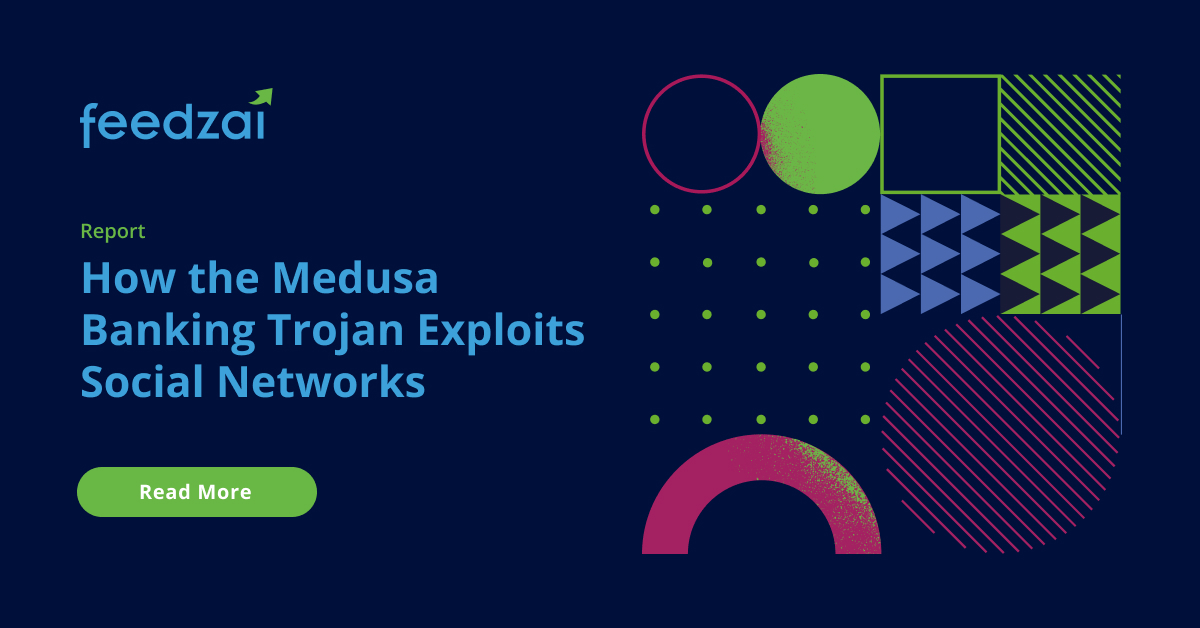Android users, particularly those in Canada, France, Italy, Spain, Turkey, the United Kingdom, and the United States, should be on high alert. Cybersecurity researchers have identified a resurgence of the infamous Medusa banking trojan, now sporting a stealthier design and a wider range of malicious capabilities.
First discovered in 2020, Medusa, also known as TangleBot, has a history of targeting financial institutions and their customers. This latest iteration, however, seems to be more streamlined. Security experts at Cleafy, a company specializing in online fraud management, observed a "lightweight permission set" in the new Medusa samples. This means the malware requires fewer permissions to operate on infected devices, potentially flying under the radar of even vigilant users.
Despite its slimmer profile, the upgraded Medusa packs a powerful punch. Researchers identified features designed to steal banking credentials with ease. The trojan can now display full-screen overlays, mimicking legitimate banking apps and tricking users into entering their login details. Additionally, Medusa can capture screenshots and harvest keystrokes, giving attackers a comprehensive view of a user's financial activity.
The reach of the new Medusa campaign appears extensive. Cleafy's analysis revealed five distinct botnets, each potentially controlled by a different affiliate, working in concert to spread the trojan. This distributed approach makes it harder to dismantle the entire operation and highlights the growing sophistication of mobile malware operations.
While the technical specifics of the new Medusa variant may seem complex, the impact on users is clear:compromised finances and potential identity theft. To safeguard themselves, users are advised to download apps only from trusted sources, like the official Google Play Store. It's also crucial to stay vigilant against phishing attempts and to avoid entering sensitive information on unfamiliar websites or apps.
Furthermore, keeping an eye on app permissions and opting for the minimal set necessary is a good security practice. Finally, utilizing a robust mobile security solution can provide an extra layer of defense against evolving threats like the revamped Medusa trojan.

